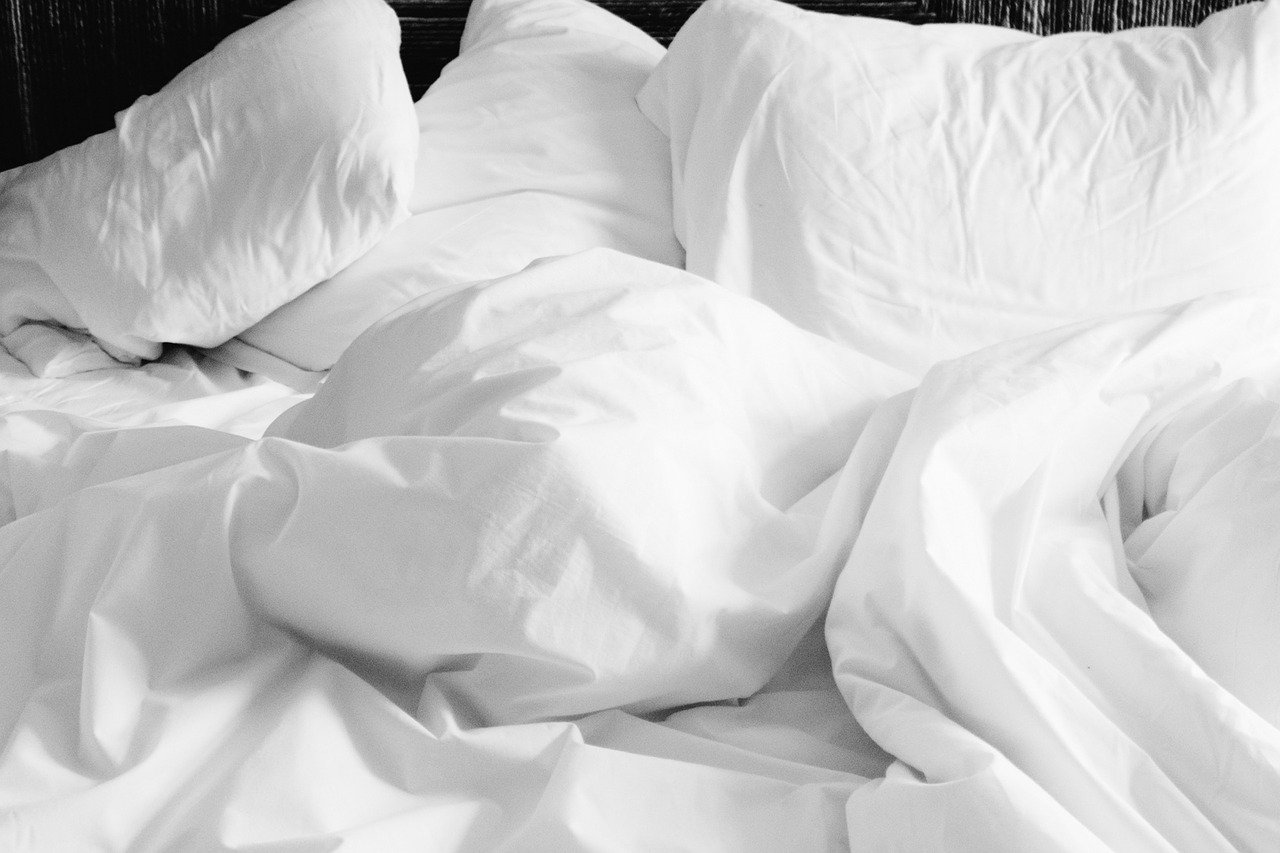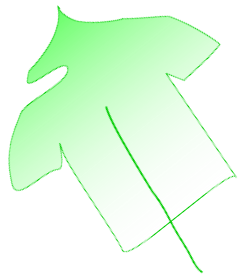Comforters, blankets and pillows

Blankets, comforters and pillows are very important part of our world, especially part of our lives devoted to rest and sleep. They keep us comfortable and warm, make our rest more effective and keep our body temperature stable throughout our sleep. Durability, suitability and comfort those products have to offer are beyond question, as well as the importance of ethical aspects of their production in our opinion.
Common production materials
Feathers and down are widely used as a filling of pillows and comforters. Wool and even fur are frequently used for blanket production. Use of cotton and synthetic materials both for blanket production and comforters and pillows filling is common practice as well. We encourage you to choose those alternatives instead of animal based counterparts to reduce an animal suffering in farming industry.
Blankets
Blankets are a soft cloth that's big enough to cover one or more people during their rest or sleep. They designed to keep us warm and comfortable. Blankets are commonly made of polyester, cotton, fleece (polyester made fabric) and wool. There are also more unusual types of blankets, for example blankets with silk covering, blankets made of more expensive wool like cashmere or fur blankets from mink, foxes and other animals. There is very important to check what type of material your blanket is produced from, as animal products are truly very abundant.
Duvets and comforters
Well, who can go through cold winter nights or weekend mornings without them. When we snuggle up in bed being warm and cozy, nothing can replace duvets and comforters for us.
Both duvets and comforters are typically filled by down and feathers or by synthetic fibers. Some more exotic and expensive types of comforters can be filled with silk fibers as well. Synthetic fibers filled options are easier to handle as they can be machine washed, there is no need for dry cleaning and they usually are more durable in their use. That is in addition to lack of animal cruelty, which unfortunately does exist in production of animal based filling materials.
Covers can be made from various types of fabrics: plans based, man made or in rare cases animal based. Cotton, synthetic or cotton-synthetic blends are the most popular types.
Pillows
Puffy or flat, soft or hard, most of us can't fall asleep without our pillow. Pillows help us setting our head in more comfortable position during sleep and by that reduces the risk of getting a neck pain.
Even though synthetic materials are on the rise for pillow stuffing, most pillows are still being filled using feathers and down or sometimes wool. Most popular synthetic pillow filling materials are polyester fibers and foam. There are some clear advantages in using synthetically filled pillows apart from animal suffering involved in harvesting feathers and down. Synthetic filling is generally cheaper, more hypoallergenic, more durable and easier to handle – it can be machine washed for example.
Pillow cover can be made from various types of fabrics: plans based, man made or sometimes even animal based. The most popular being cotton or cotton-synthetic blends. You should check the product label of your pillow for both filling and fabric composition to make sure no animal based products were used to manufacture it.
Last word of advise
The easiest way to ensure cruelty-free purchase is buying a vegan or vegan-friendly labeled products, but not all companies labeling their vegan products as such. Asking the stuff is a great option while buying in the store. If they don't know there is an option of contacting a manufacturer or reaching out to a vegan group for some advise. There are also some apps available for finding out if products are vegan.
In addition, there are other ethical issues that's important to keep in mind, such as human workers treatment and environmental sustainability. As a general rule, recycled and organic brands are more environmentally friendly and will offer better solution for ethical workforce treatment. Companies specializing on vegan or cruelty free textile production are also a good bet on ethical and environmental issues.
Consumer's awareness on those issues will push the industry one step further in solving them. Please keep those issues in mind during your next shopping trip.
